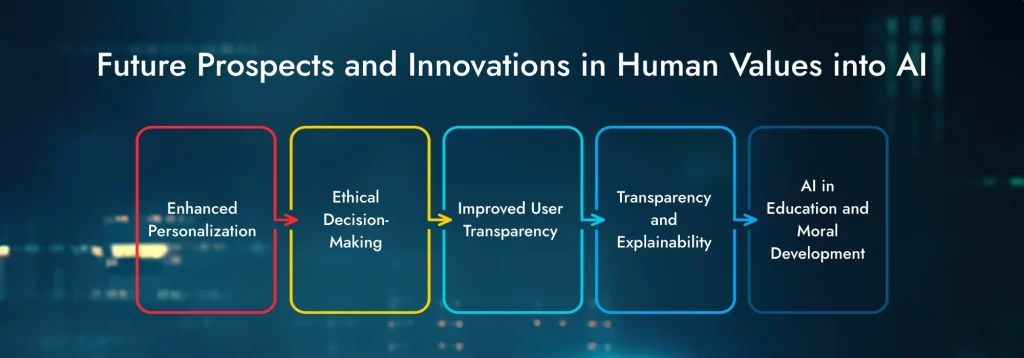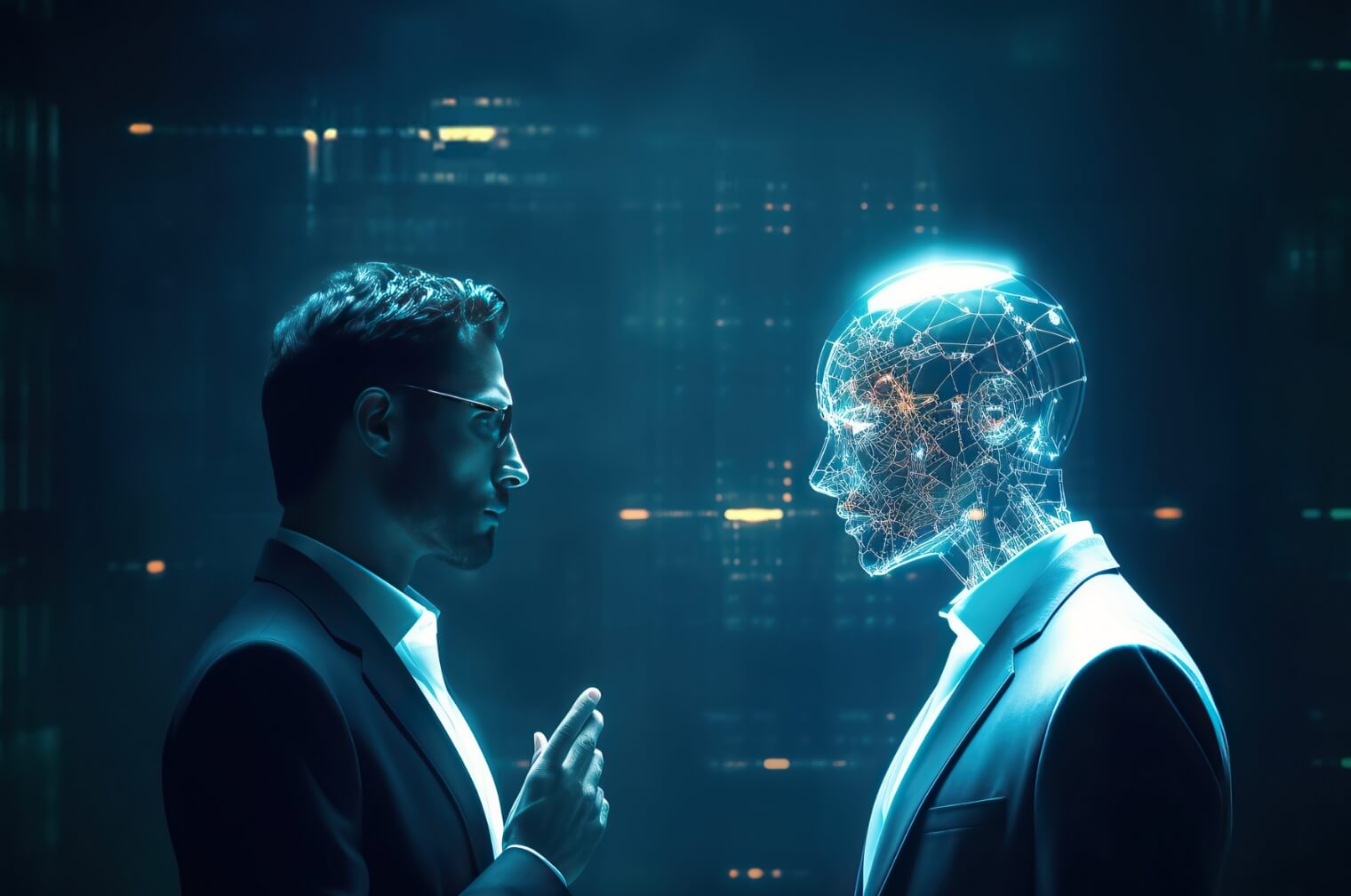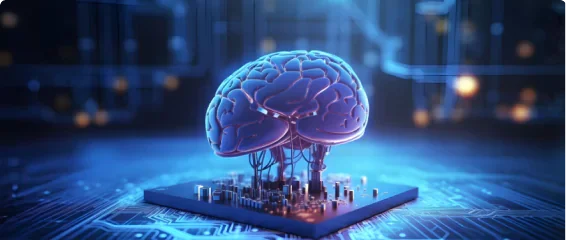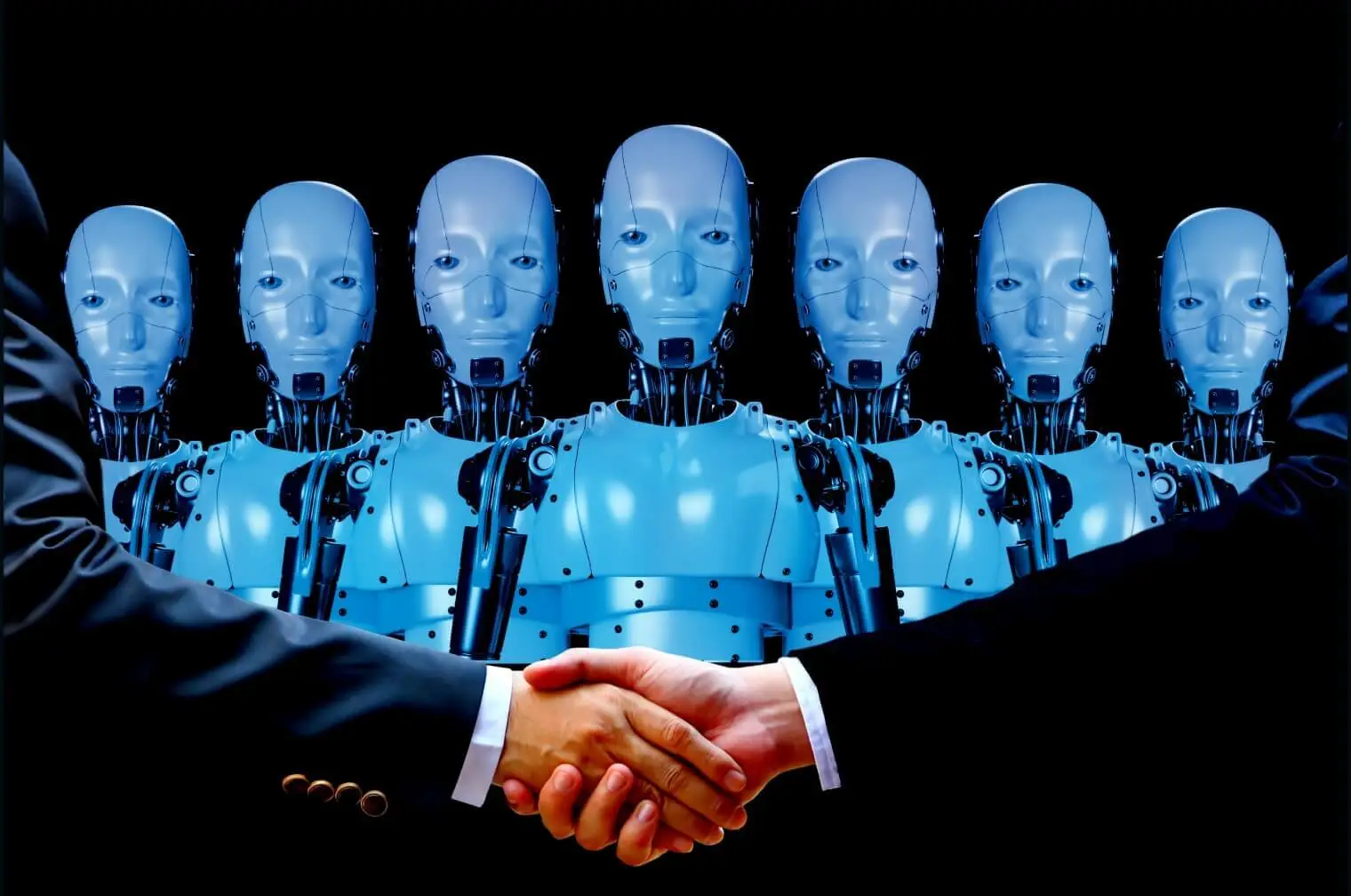Machine Learning and AI for revolution of Tech Companies are changing and streamlining businesses.
Artificial Intelligence (AI) has made remarkable strides in recent years, transforming various aspects of our lives.
From autonomous vehicles to virtual personal assistants, AI and human values are becoming increasingly evident.
Further, we will delve into the convergence of AI and human values, emphasizing the growing significance of integrating these values into AI systems.
Building a foundation of human values within AI technology is not just a moral imperative; it’s a necessity for the betterment of our society and the future of technology.
Current approaches to incorporating human values into AI
AI is becoming a bigger part of our lives. But making sure that AI helping humans is essential.
There are three main ways to do this: value alignment, value-sensitive design, and value extrapolation.
Value alignment means making AI follow human values
Think about self-driving cars: they are programmed to keep passengers safe while avoiding harm to others.
This way, they balance individual and group values.
Value-sensitive design is about getting ethics and values into the AI design process
Ethicists and other experts help in building AI so that it respects our values.
For example, when making chatbots or virtual assistants, they work with experts to make sure these systems understand and respect diverse human values.
Value extrapolation is a bit like AI guessing our values based on data
For example, when you watch videos on a platform, AI tries to recommend similar videos you might like.
It’s trying to guess your values by what you’ve watched before.
Let’s look at the advantages and limitations of AI approaches:
Advantages
- Value alignment makes AI systems more adaptable to different human values, making them better for everyone.
- Value-sensitive design helps avoid conflicts between AI and human values by getting experts involved in the design process.
- Value extrapolation personalizes our experiences with AI, offering us content or services we might like based on our past choices.
Limitations
- Implementing these approaches can be difficult, as they often need complex programming and a deep understanding of human values.
- Sometimes, it’s challenging to predict and understand all the values of a diverse group of people.
Finally, there are examples of ai helping humans to bring the best value.
For instance, some chatbots are designed to provide emotional support with empathy. Content recommendation systems filter out harmful content and prioritize user privacy.
Benefits of AI helping humans
AI and human values have brought many benefits in various domains.
Here are some key points highlighting the positive aspects of AI and human values and how it has improved industries and daily life:
Efficiency and Productivity: AI-powered automation and machine learning algorithms have significantly increased efficiency and productivity in industries such as manufacturing, logistics, and customer service.
Tasks that were once time-consuming and labor-intensive can now be completed quickly and accurately with the integration of AI and human values.
Enhanced Healthcare: AI has revolutionized healthcare by improving diagnostics, treatment planning, and patient care.
Machine learning algorithms can analyze vast amounts of medical data to detect patterns and make accurate predictions, leading to early disease detection and personalized treatment plans.
AI-powered robotic systems have also assisted surgeons in performing complex procedures with precision.
Smart Personal Assistants: Virtual assistants like Siri, Alexa, and Google Assistant have become an integral part of daily life, providing convenience and assistance.
These AI-powered personal assistants can perform various tasks such as setting reminders, answering questions, playing music, and controlling smart home devices, making our lives easier and more efficient.
Improved Safety and Security: AI has played a crucial role in enhancing safety and security measures. Facial recognition systems and surveillance cameras powered by AI algorithms help in identifying potential threats and preventing crimes.
AI-powered cybersecurity systems can detect and respond to cyber threats in real-time, protecting sensitive data and digital infrastructure.
By ensuring transparency, fairness, and accountability in AI decision-making processes, we can harness the power of AI to align with human values such as privacy, fairness, and social good.
Prospects and innovations in human values in AI
The future of AI and human values holds immense promise. Ongoing research is exploring innovative ways to make AI systems more aligned with diverse human values.

By Integrating values into AI, we can expect:
- Enhanced Personalization: AI systems will better understand and adapt to individual values, offering more tailored experiences and services.
- Ethical Decision-Making: AI will play a crucial role in solving complex ethical dilemmas, and making choices that align with societal values and ethical norms.
- Improved User Transparency: Future AI systems will be designed to be more transparent, allowing users to understand and influence the values governing AI behavior.
- Transparency and Explainability: AI will be designed to provide clear explanations for its decisions, making it understandable to the average user. This will enhance trust and allow users to actively influence the values and decision-making processes of AI.
- AI in Education and Moral Development: Interactive AI tutors and educational tools will not only teach subjects but also impart values, fostering a more responsible and empathetic society.
The future prospects and innovations in building human values in AI systems represent a vision of technology that is deeply intertwined with our ethical, moral, and cultural principles.
It’s a future where AI becomes a force for the betterment of humanity, a companion in our quest for ethical decision-making, and a tool for addressing global challenges while respecting individual and collective values.
How ViitorCloud is building human values into AI
ViitorCloud, a leading Immersive technology company, has been at the forefront of incorporating human values into AI.
We understand that AI should not only be a tool but a responsible and empathetic companion for humans and hence ViitorCloud is committed to building AI and human values that respect individual values and cultural diversity.
Our AI development services prioritize a human-centric approach. We collaborate closely with experts through extensive research and development and incorporate continuous user feedback. This ensures that the AI solutions we create are not only effective but also aligned with human values.
Wrap up
The integration of AI and human values is a crucial step towards a more ethical and inclusive future.
As technology continues to evolve, ViitorCloud stands as an example of a company dedicated to this vision.
As we move forward, it’s essential to remain vigilant, collaborative and committed to realizing this vision for a more ethical and value-driven future.
Frequently asked questions
AI has the potential to enhance productivity, improve healthcare outcomes, and advance scientific research.
Ethical principles, such as fairness, transparency, and accountability, should be embedded to align with AI and human values.
Future trends in the field of AI ethics are Increased regulation, Ethical considerations in AI development, Bias mitigation, Explain ability and transparency, AI governance, Human-centric AI, and international collaboration
AI can be used to develop advanced surveillance systems, autonomous vehicles, and predictive policing algorithms, which can help prevent accidents and protect human lives.









